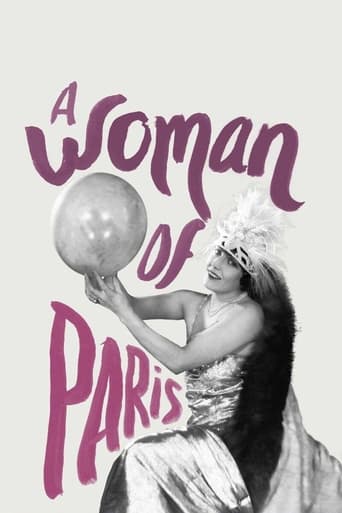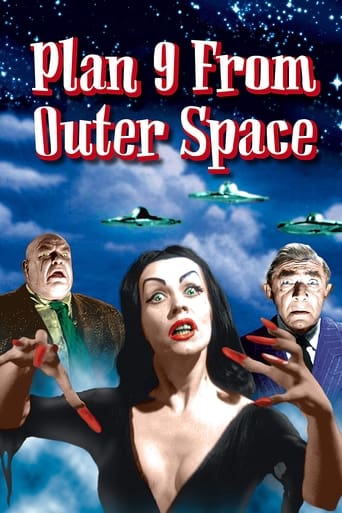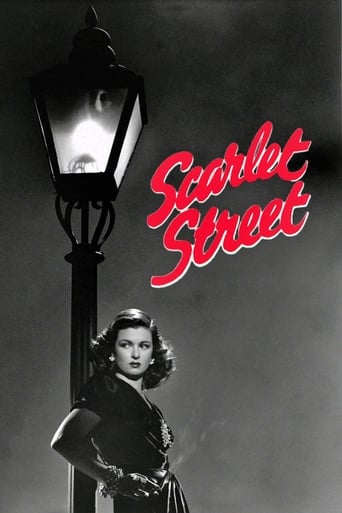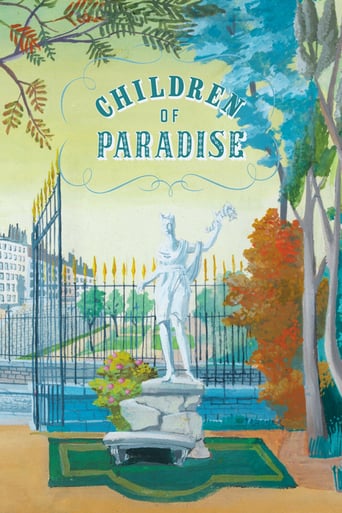


Children of Paradise
In a chaotic 19th-century Paris teeming with aristocrats, thieves, psychics, and courtesans, theater mime Baptiste is in love with the mysterious actress Garance. But Garance, in turn, is loved by three other men: pretentious actor Frederick, conniving thief Lacenaire, and Count Edouard of Montray.
-
- Cast:
- Arletty , Jean-Louis Barrault , Pierre Brasseur , Marcel Herrand , María Casares , Louis Salou , Pierre Renoir


Similar titles

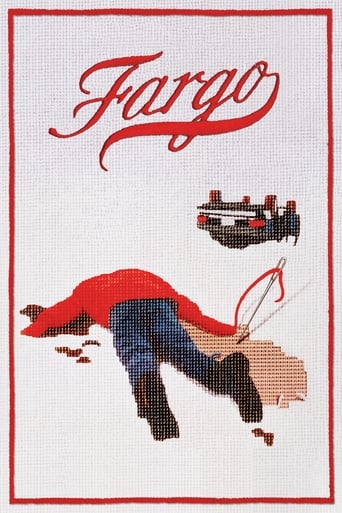


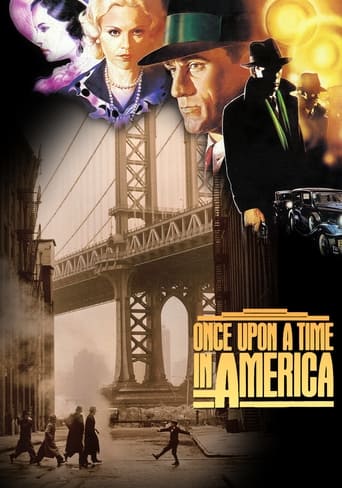
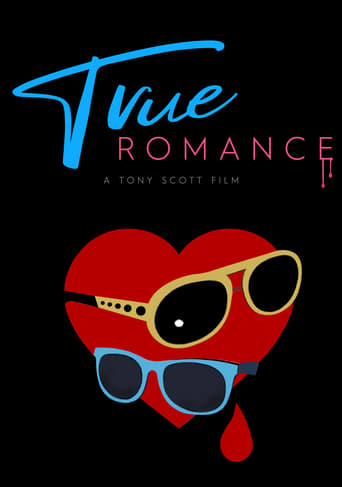
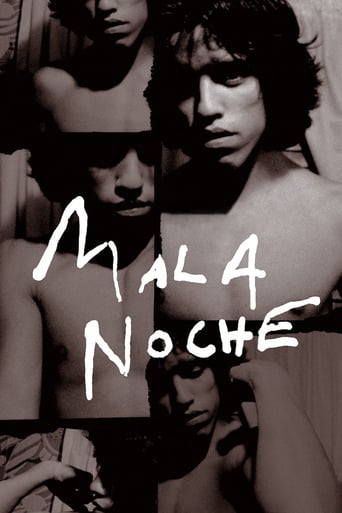
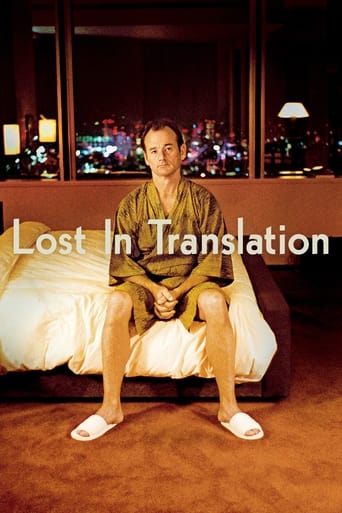
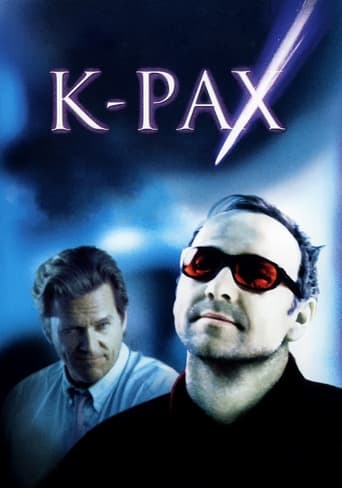

Reviews
People are voting emotionally.
How sad is this?
There is, somehow, an interesting story here, as well as some good acting. There are also some good scenes
The film's masterful storytelling did its job. The message was clear. No need to overdo.
"Children of Paradise" would be an extraordinary achievement, even if it didn't break records in production. For one thing, it came out of nazi occupied France; the film saw fascist sympathisers working alongside French resistance operatives on screen. However, we don't require this historical footnote to understand the French film's legacy.It was the most expensive movie made in France up to that point, and one can really see the money up there on screen. The movie appears to have been shot on enormous sets. The effect of this is twofold; not only do we envision ourselves as standing among the characters in 1820s Paris, the design is ornate enough to produce an element of dreamlike whimsy, too.This is an extraordinary filmic achievement, and "Les enfants du paradis" perhaps offers an experience like no other. How they could create a living, breathing world, and yet still not stop you from appreciating the staging of it; how they could allow you to get lost in the "Boulevard of Crime", and then recognize their characters amongst the teeming masses.You may wonder, then, why I didn't give "Les enfants du paradis" a higher rating. The answer is, I'm afraid, that my modern-day attention span was just too taxed by the film; my attention seriously waned during the second half. I was impressed by the way the actors did not vanish amongst the labyrinthine sets; rather they seem perfectly at home there. I was less impressed by my general lack of interest in the story.
There is no doubt that French cinema includes many of the world's finest, most influential and iconic films. From fantasy to neo-realism, historical epic to kitchen sink drama, and with arguably the most important cinematic New Wave to add to its canon, French masterpieces can be found in almost every genre imaginable; indeed, in many cases, they have helped to distinguish between them.'Les Enfants du Paradis' is considered the finest product of the partnership between director Marcel Carné and writer Jacques Prévert. At over three hours, and split into two parts, the film follows a handful of colourful characters through the 1820s and 30s in that fascinating, mystical city: Paris. The focus is on the Parisian theatre – a place of hypocrisy, deception, exaggerated emotion, corrosive artificiality, cheap tricks and crude laughs. With an astonishing attention to detail, and displaying a perfect mastery of his medium, Carné exposes with scorching wit the superficiality of society and the damaging effect it has had on his characters. There is a fine line between fantasy and reality, and the characters, sometimes without even knowing it, deceive themselves and the others around them. In a film with so many grand themes, its tragedy lies in its profound exploration of love, and what happens when genuine emotion attempts to shine through in a world of romantic, sentimental lies, cruel falsehoods, deluded pride and vicious crime.Much of the brilliance of this film I cannot divulge in my review. I admit, that aside from its considerable critical acclaim, I knew nothing about it when I bought my ticket. That is the way it should be seen: let its delicious melodrama, breathtaking sets, classy cinematography, dry comedy and poignant tragedy wash over you. Long it may be, but the time flies by; very rarely have I been taken on as deep and enjoyable a ride as this one – and how refreshing that is, considering that those two adjectives seldom gel when talking about cinema. Even more impressive is that with so many characters, story lines and themes at play, the movie never once feels rushed or convoluted: its pacing is pitch perfect, and its artistic vision - impeccable; the denouement is abrupt and delivers a memorable emotional punch to the gut.This is a timeless film for all tastes: those who like a great plot, a compelling love story, lavish costumes, profound thematic material, passion and grand emotion, an insight into a different culture or a different time and place – this has everything, encompassing all of life – from the most pitifully poor to the most disgustingly rich. I personally cannot wait to see it again, and the newly restored version released recently by the BFI is definitely the way to go if you have the intention of watching it – the print, much like the film, is a joy to behold, almost doing full justice to the amazing cinematography (courtesy of Marc Fossard and Roger Hubert) and the delightful technical and stylistic flourishes found within it.I am not exaggerating when I say that this may well be one of the finest films ever made. It could be studied and analysed until the cows come home, but as is often the case for many truly great films, there is nothing quite like seeing it for the first time and just enjoying it for what it is, not feeling the need to try and analyse because you have complete confidence in the filmmaker and are utterly captivated by the story he is telling you. It was made over sixty years ago now, but it could have been released yesterday for the first time. It feels as fresh and exciting as ever - and that, for me, is the sign of a film to cherish!
It is a fantastic and poetic world which Marcel Carné has presented to his public in his limited number of movies, almost everyone a masterpiece on its own. A world, in which fantasy and poetry have magical power. There is no gesture, no mimics, no sign without a meaning, a little character can change a world. Insofar, Carné is a late heir of Novalis. According to him, the sign is necessarily bound to its object, there is no arbitrariness and no convention. There is a "sympathetic abyss" between sign and object, and at the beginning of the creation of every sign therefore stands the Great Sign Creator, God. So, every syllable, every twitch and flutter and flicker and bicker and flash is a message from Heaven. No wonder, that in such a world practically everything is possible. And no wonder, that the gigantic fairground which Carné presents in his epochal "Les Enfants Du Paradis" is a world in the world that is protected by the Sublime. I even think that Carné's typical style, which is the style of a merciful and enchanted marionette-player, shows that the sense of life does not consist in enforcing everyone's alleged free will, but to learn how to communicate, to interpret and to act in this highly artistic semiotic world. Nietzsche had written that he supports an anti-metaphysic world-view - as long it is artistic.
"L'enfants du paradis" is a remarkable film made in Nazi-occupied France, actually done in pieces over several years. Even if it had not been made under such difficult circumstances, it will still stand as a magnificent masterpiece. With a script by the poet Jacques Prevert and direction by Marcel Carne, it stars Arletty and Jean-Louis Barrault as its main characters, Garance and Baptiste Dubureau.The story takes place on the Boulevard de Crime in 1840s France, a street teeming with people and theater of all kinds. A mime, Baptiste (Barrault) becomes obsessed with a street woman, Garance (Arletty), a mysterious creature who becomes the artistic muse of two men, Baptiste and Frederick LeMaitre (Pierre Brasseur). Shyness keeps Baptiste from becoming Garance's lover, and he loses her to LeMaitre and others. Meanwhile, Nathalie (Casares) loves Baptiste and isn't afraid to say so. Garance finally realizes that she is as much in love with Baptiste as he is with her, but now they are both ensconced in other lives. What will they do? "Les enfants du paradis" is a dark film, going from intimate two-person scenes to massive crowd scenes on the boulevard, taking us into the dark alleys of Paris and the after-hours crowd in bars to the theater rabble-rousers, and demonstrating the power of mime in performance. This is a world of hungry actors, crooks, hustlers, casual sex, and great art.Only in France would a woman in her mid-forties be cast as a femme fatale - imagine Hollywood doing that in 1945. The Garbo-ish Arletty manages to be earthy and mysterious as Garance. The actress was not invited to the premiere of this film due to her fall from grace - she had a German officer as a lover during the war. In fact, she was arrested and spent time in a concentration camp, finally being put under house arrest. She did return triumphantly to film and worked until 1967, when blindness from an accident forced her to retire. She died in 1992 at the age of 94.The thin, sensitive looking Jean-Louis Barrault gives an exquisite performance as Baptiste, a role based on the real-life mime Jean-Gaspard Deburau, who invented the character of Pierrot. So successful was Barrault's pantomime work that it revived interest in the art form in France and made it possible for Marcel Marceau to become hugely popular. Barrault's performance is still studied in mime schools today. A passionate man, Barrault actually hid members of the resistance on the set of "Les enfants du paradis." This film is long, it's talky, but it is fascinating and detailed in every aspect. A no-miss for both film and theater lovers.

